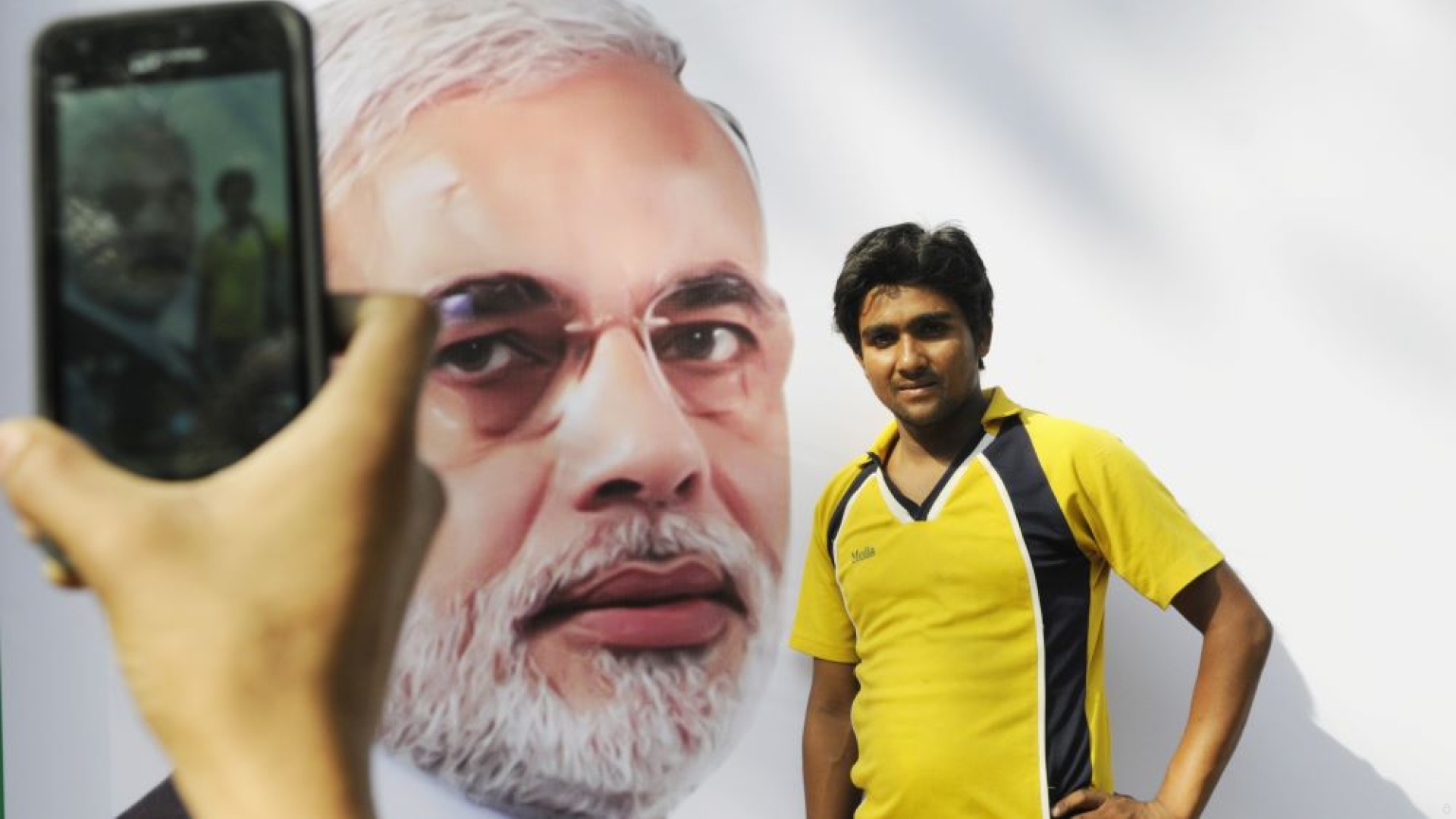India: Catholics Denounce Electoral Maneuvers

Wanting to ensure the results of the upcoming general elections, the Indian Prime Minister plans to bring together the various local and national ballots in a single round of voting. This is a political maneuver denounced by the Federation of Catholic Associations, which fears that Narendra Modi will be re-elected to power.
"One nation, one election." The slogan has been popping up on the walls of Indian cities for several weeks. Indeed, for ten years now, since coming to power in 2014, Narendra Modi has been toying with the idea of bringing together local and national elections in a single voting round. This project could very well see the light of day in 2024, a big electoral year in the country of the maharajas.
To achieve his goals, the Indian Prime Minister entrusted one of his friends--the former President of India, Ram Nath Kovind--with heading the committee responsible for implementing constitutional reform, taking care to consult the different political groups and to reach a consensus on the issue.
"Holding simultaneous elections throughout the whole country will be beneficial for all, because this will allow substantial savings which could be used in work and development," Ram Nath Kovind assures. It is a different story for religious minorities, especially Catholics.
"The government's plan is unconstitutional and undemocratic," the Federation of Catholic Associations of the Archdiocese of Delhi protested on January 11, 2024. The Catholic Church is perplexed, to say the least, in the face of what she believes to be a skillful maneuver by the current Prime Minister to keep himself in power.
The consolidation of ballots into one will naturally propel major national issues to the forefront, with the consequence of eclipsing local issues and further ensuring the victory of the nationalists of the Bharatiya Janata Party (BJP), which has been ruling over Indian political life for ten years, striving patiently to erase all trace of non-Hindu religion from the country.
"Our objective is to draw attention to the proposal's discordance with democratic principles and the federal structure of our nation," A.C. Michael explains. The president of the Federation of Catholic Associations recently set up a committee of lawyers and Christian activists to study possible solutions and demonstrate their disapproval: from January 5 to 15, Narendra Modi launched a digital survey to canvass Indians on his project.
The Catholic volunteer association is also fiercely opposed to the electronic voting that has been recently introduced in most of the large cities: the executive branch refuses to communicate on the equipment and the algorithm used to calculate votes, leaving doubt about the reliability of the election.
On the side of the BJP, the objections of the opposition are brushed aside: "a unified electronic ballot will save money for taxpayers, who pay for the most expensive elections in the world after those of the United States," Prime Minister's entourage insist.
Savings which the Hindu nationalist power are not so careful to conserve if it's a matter of showcasing Modi: for several weeks, selfie booths have appeared in parks, museums, and train stations in large cities. They allow passers-by to take a photo next to a life-size image of Narendra Modi.
These booths, which cost between 1,500 and 1,700 euros per unit, cost more than the monthly salary of an Indian. This campaign--organized with public funds--is very costly for the one his party calls the "Messiah of the poor."
(Sources : Ucanews/Times of India/The Hindu – FSSPX.Actualités)
Illustration : Photo 41059624 © Arindam Banerjee | Dreamstime.com





